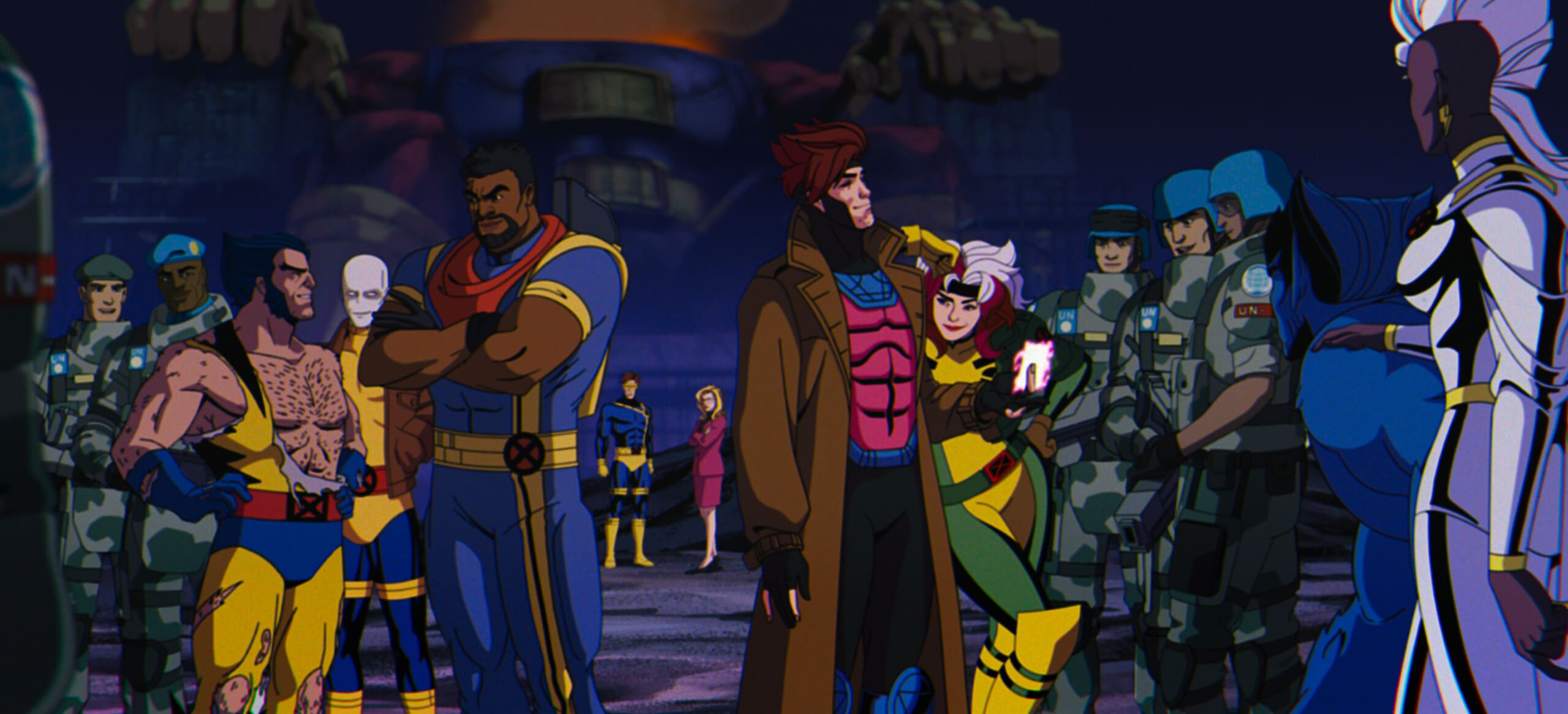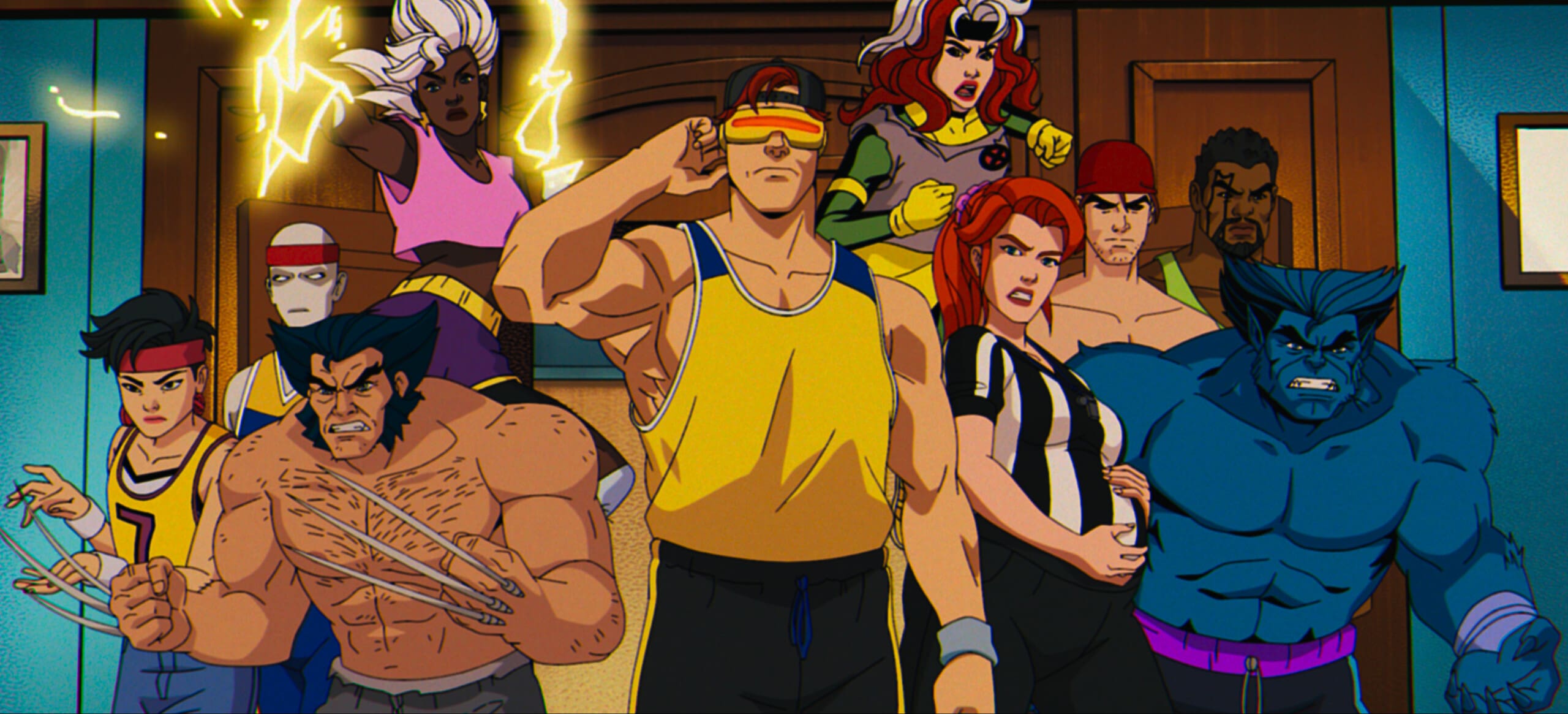
I’ve always liked Superman. He was not only super overpowered; the themes of goodness and doing the right thing to help others are ideals anyone can access and embody. While I can’t identify with growing up in the primarily white middle-American flavor of Kansas, I can see that the heart of Superman is essentially an immigrant story. Kal El is an alien sent to Earth from Krypton and grew up to be a bastion of what thoughtfulness can be while not letting absolute power corrupt him. That role is not inherently reserved for Patriotism but can be accessed by anyone.
Comic book stories inhibit daydreams within us to do the impossible — whether that be flying, having supersonic speed, or having super strength. They also work when they include all backgrounds and give a platform to speak about real-world issues within a fantastical sphere. Like the courageous heroes we cheer on throughout generations, these stories don’t shy away from them. Instead, they take on inequality, racism, and prejudice head-on like a bad guy. It’s not lost on me that one of the highest-rated and watched Marvel series in recent memory is X-Men 97.

The animated series serves as a continuation of the classic show from the 1990s, where the X-Men and the world are still coming to terms with the death of Professor Charles Xavier. A year later, there is more of a willingness on the part of humans to be accepting of mutant-kind. However, (like racism), there will always be pockets of people who are resistant to that idea. The Friends of Humanity are still hell-bent on showing mutants as a threat and operate under the false equivalency of “protecting humanity.” A chilling but all-too-familiar monologue from Xavier’s killer, Henry Peter Gyrich, in the second episode, finds him saying, “Tolerance is extinction.” For some reason, accepting peace with humankind will somehow take up space humans already occupy.
Along with this, there is an excellent shift in the characterization of Magento. Here, Xavier, a friend he was at odds with on ideological lines, entrusted everything he had built to him. In his speech during his trial at the United Nations, Magento speaks about surviving the Holocaust and again being persecuted for being a mutant. It highlights a tug-of-war inside of him where his mode of justice is protecting humans at all costs. However, being tasked to carry Xavier’s legacy, he has to adopt a more non-violent approach despite the hostility from some of the humans. It’s those complexities that mirror the costs of prejudice and the plights of minorities (like the discussion Jean and Storm have about her forthcoming newborn) that make X-Men continue to be so popular.
Despite this, people like activist investor Nelson Peltz ask absurd questions about diversity, such as why the MCU needs films with all-black or all-female casts. If he’s referring to Black Panther or The Marvels, perhaps he didn’t see the same films as I did. Neither of those films had an all-Black or all-female lead cast, but they did have Black and female leads. I still remember the day I went to see Black Panther and how packed the theaters were because Black comic book fans had a hero to see. Wakanda has become ingrained in pop culture itself. It’s the same when 2019’s Captain Marvel and female comic book fans had a woman-led film to see. Both films grossed over a billion dollars a piece at the box office, and without these characters, it’s hard to say that the successes of Infinity War and Endgame happened.
We are experiencing a concerted backlash against the racial gains of 2020. Bad-faith actors are looking to blame every inefficiency on DEI and pushing for equal opportunity while ignoring that things are not equal for everyone. Your beef with The Marvels show lies with the release coinciding with the dual strikes and the fact that the Marvel brand itself has been hurt by a lack of quality control concerning its recent projects. But it also could be due to a white woman who has spoken out against inequality, a Black woman, and a Pakistani-Canadian woman who is top billing on the marquee. It’s not some agenda for women to be at the head of the table. The Peltzs and Ike Perlmutters want these playgrounds of imagination to mirror a world stripped of technicolor that preferred minorities and women to hang back as secondary characters.
It’s the same as banning books and ensuring only specific stories are told — censorship allows people to stick their heads in the sand and not look at the cracks cascading down the mirror. This crusade has come for our fantasy stories where at least the super-powered heroes dare to have the complex discussions we need to have. Where are our hearts if we allow these to be stripped from something like X-Men 97? We dress up in costumes and even mimic what our favorite heroes can do, but we can’t muster up the bravery to tackle thorny provisions that don’t use X-ray vision as they can.

